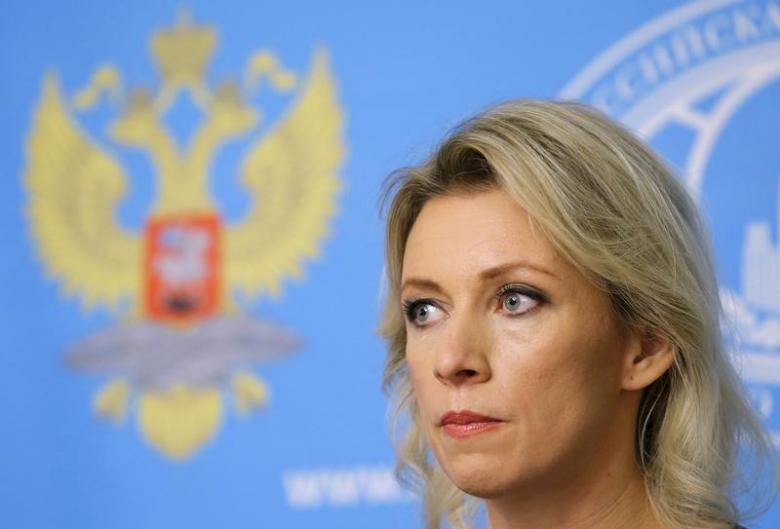Moscow- Russia addressed tensions rising in northeastern Syria amid Turkish threats on launching a massive military offensive against Arab-Kurdish Syrian Democratic Forces who are fighting against ISIS next to the US-led international coalition.
The situation in northern Syria is very likely to escalate in the near future, Russian Foreign Ministry spokeswoman Maria Zakharova said Thursday.
The Syrian Democratic Forces (SDF) is an alliance of Kurdish and Arab militias that was formed in 2015, and that strives to liberate northern Syria, particularly the city of Raqqa.
Zakharova also condemned US-led strikes against eastern Syria’s Tanf airbase.
The US military leadership justifying the attack by saying that it targeted units which threatened the US-backed Syrian opposition forces is unacceptable, said Zakharova.
Tensions between Ankara and the Kurds were heightened in July 2015 when a ceasefire between Turkey and the Kurdistan Workers’ Party (PKK), a group outlawed in Turkey, collapsed over a series of terror attacks committed by PKK members.
Zakharova said the aerial bombardment was a “flagrant violation of international law,” accusing Western partners that “they do not yet wish to realize the need to mobilize all players, in the air and on the ground, to counter terrorism in Syria.”
Russian President Vladimir Putin had called in the fall of 2015 to form an international coalition to address the threat of terrorism.
Putin’s remarks were made despite the existence of a coalition tasked with countering terrorism led by the US.
Russia, since then, has pushed for launching a multilateral support group in Syria under the banner of “countering terrorism.”
The West demands that Russia stop its incessant support for the Syrian brutal regime of Bashar Al Assad, as a condition to counterterrorism cooperation.
The cooperation between the two sides is currently limited to military contacts within the framework of avoiding clashes between forces in the skies and on Syrian territory.
